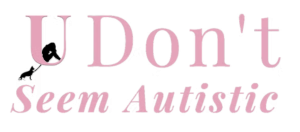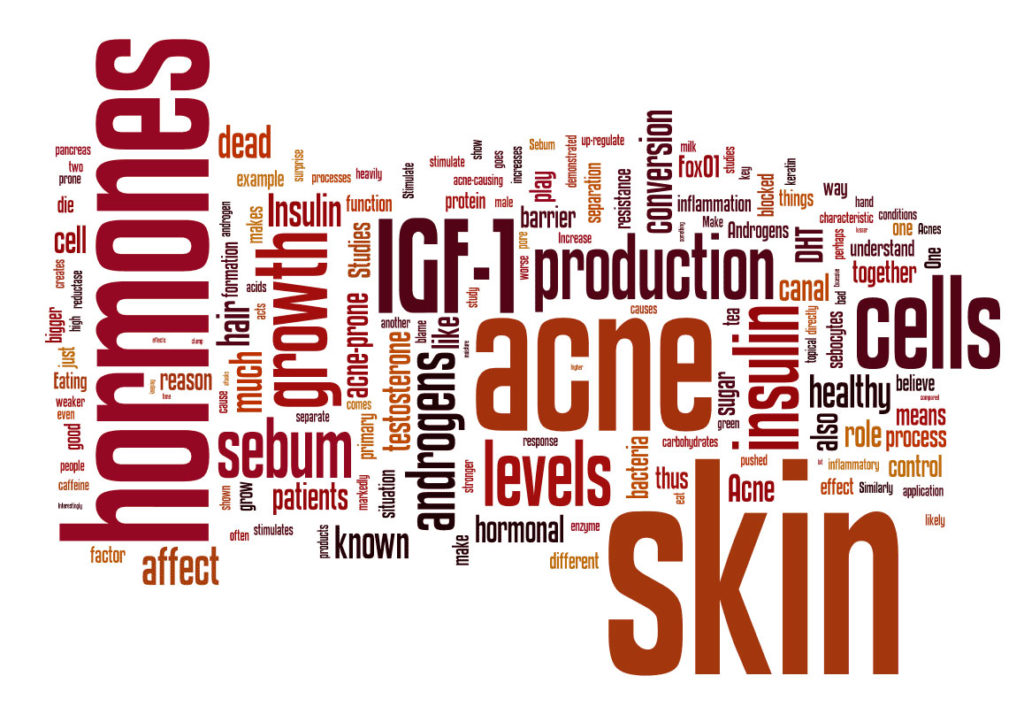Nutrients that enhance our immune systems continued:
Vitamin E is also an antioxidant, which protects phagocytes, enabling them to destroy bacteria that enter our bodies. I’m so excited about the beautiful avocados we are getting at the moment, especially because they are a great source of vitamin E and are full of lots of lovely, healthy fats! Almonds, walnuts and sunflower seeds are also excellent sources.
Zinc is important in ensuring that our bodies produce enough white blood cells, which are the little soldiers of our immune system, they seek out and destroy any foreign invaders in our bodies. Again, recommended daily amounts vary with age, gender and whether a woman is pregnant or breastfeeding ranging from just 3 mg per day for infants up to 14 mg per day for adult men. Some good sources of zinc are oysters, mussels, beef, chicken, chickpeas, and pumpkin seeds.
Our white blood cells also need Copper for them to multiply. Some good sources of copper are liver, oysters, cashew nuts, sunflower seeds, hazelnuts, almonds, lentils, and mushrooms.
Iron has a rather complex relationship with our immune system. Too little prevents white blood cells from multiplying and too much encourages the growth of bugs in our bodies and damages the white blood cells. It is unlikely that we can consume too much iron from food sources only, generally, excess iron may only be a problem if taken in supplement form. Pregnant women have the highest iron requirements (27 mg per day); while infants, teenagers and women between the ages of 19 and 50, have the next highest requirements. Iron can be found in red meat, green lipped mussels, liver, chicken, tofu, red kidney beans, chickpeas, dates and spinach.
Selenium encourages the multiplication of white blood cells and antibodies. However, just like iron, too much can be harmful to our immune systems. Brazil nuts, eggs, hoki and canned tuna are all good sources.
by Paula Southworth
Nutritionist and Health Coach
(BSc Human Nutrition and Sports Science, Massey University)
Member of the Nutrition Society of New Zealand




